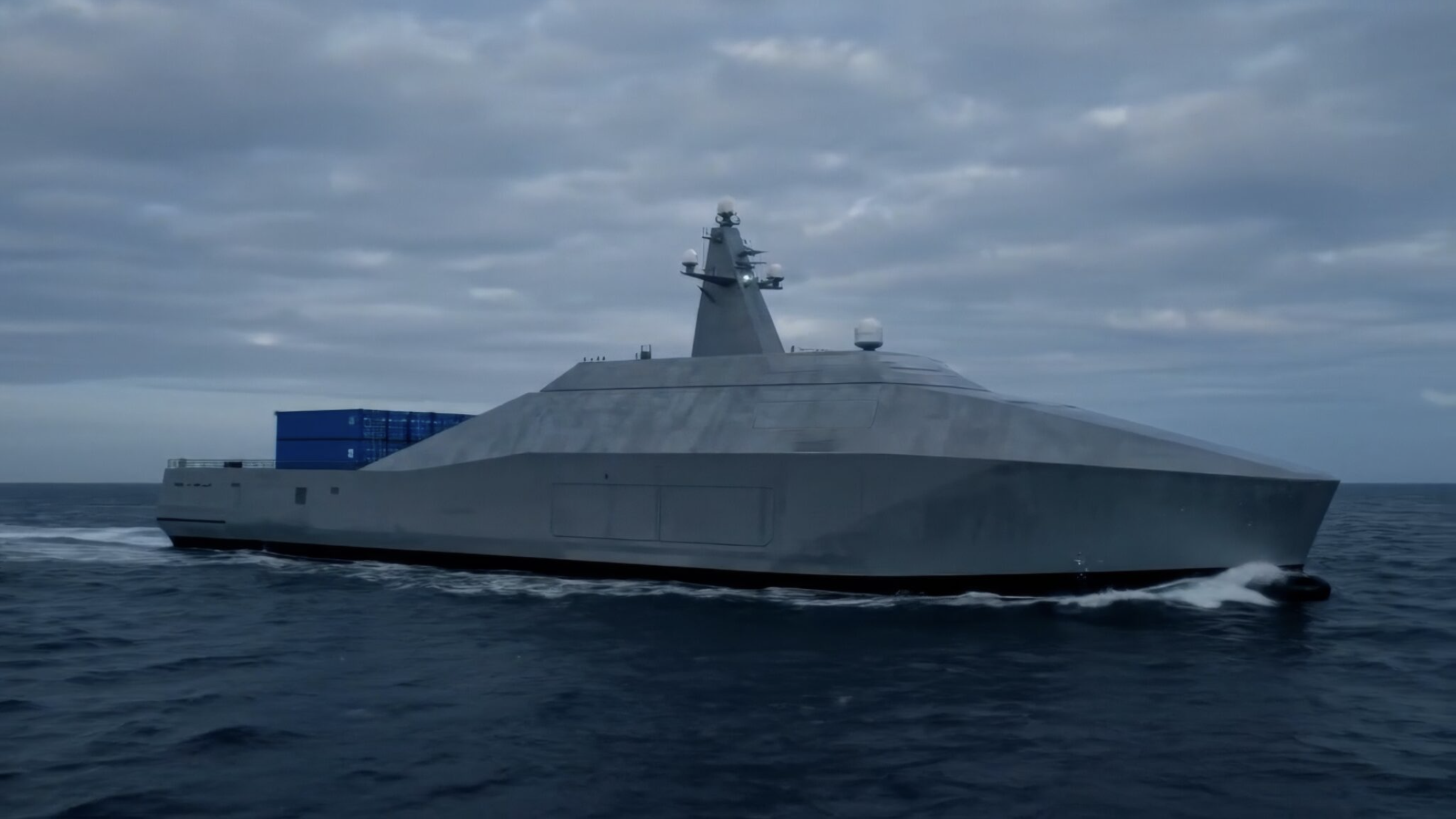Blue Water Autonomy
This company is in the pipeline of America 2030, IPO CLUB’s $50M, actively managed secondary fund focused on U.S. defense, energy, security, and AI.
Updated in January 2026
Headquarter: Boston, Massachusetts, USA
Year Founded: 2024
Leadership: Austin Gray
Industry Sectors: Defense technology; Autonomous maritime systems; Uncrewed surface vessels; National security
Funding Round: Seed round
Valuation: n/a
Is Blue Water Autonomy A Public Company? No, it’s private
What Is Blue Water Autonomy?
Blue Water Autonomy is a U.S.-based maritime defense technology company developing autonomous systems for naval and ocean operations. The company focuses on enabling persistent, long-range maritime presence without onboard crews, aiming to reduce cost, risk, and manpower requirements for naval missions. Founded by former U.S. Navy and defense technology leaders, Blue Water Autonomy positions itself around strengthening maritime security and deterrence through scalable autonomous platforms purpose-built for open-ocean operations.
Technology & Products
Blue Water Autonomy is developing large, fully autonomous uncrewed surface vessels (USVs) designed to operate independently over extended durations in contested and remote maritime environments. Its technology stack integrates autonomy software, navigation and collision avoidance, mission management, and secure communications, allowing vessels to conduct patrol, surveillance, logistics, and support missions without human crews onboard. The company emphasizes designing autonomy natively into the vessel architecture rather than retrofitting existing ships, enabling higher endurance, reliability, and operational flexibility for naval use cases.
Market Opportunity
Blue Water Autonomy targets the growing demand for naval autonomy and distributed maritime operations, driven by rising geopolitical tensions, expanding maritime theaters, and the need for persistent ocean surveillance at lower cost. Its primary market includes the U.S. Navy and allied maritime forces seeking to augment traditional fleets with autonomous platforms capable of operating at scale. As defense organizations increasingly prioritize unmanned systems to extend reach and reduce operational risk, Blue Water Autonomy is positioned to address a critical capability gap in open-ocean autonomy.
Competitive Landscape
Blue Water Autonomy operates within the emerging autonomous maritime systems sector alongside defense primes and startups developing uncrewed surface and subsurface platforms. While some competitors focus on smaller coastal or short-duration vessels, Blue Water Autonomy differentiates itself through its focus on large, blue-water-capable autonomous ships designed for long-endurance missions. This emphasis on open-ocean autonomy, combined with a clean-sheet vessel design and software-first approach, positions the company as a specialized provider for high-end naval and defense applications rather than commercial or near-shore use cases.
How To Buy Blue Water Autonomy Stock?
Blue Wate Autonomy is currently a private company and is not publicly traded on major stock exchanges like the NASDAQ or NYSE. This means you can buy shares through a pre-IPO platform or brokerage like IPO CLUB.
Courtesy of Blue Water Autonomy
This company is in the pipeline of America 2030, IPO CLUB’s $50M, actively managed secondary fund focused on U.S. defense, energy, security, and AI.
Blue Water Autonomy and America 2030 Latest News
Stay up-to-date with all the latest news pertaining to this company’s stock, IPO, and investment opportunity. By clicking here, you'll gain access to real-time updates and in-depth analysis from market experts, empowering you to make informed decisions about your investment journey. Whether you're a seasoned investor or just getting started, our platform is tailored to provide you with all the crucial information you need to navigate the thrilling world of the stock market and IPOs. Dive in and keep your finger on the pulse of the financial markets.






You can imagine America 2030 as a polished metal capsule sitting in the palm of your hand.
A compact, precision-engineered instrument.
Every piece designed to do exactly one thing: turn the next decade of American hard-tech into real, liquid returns.